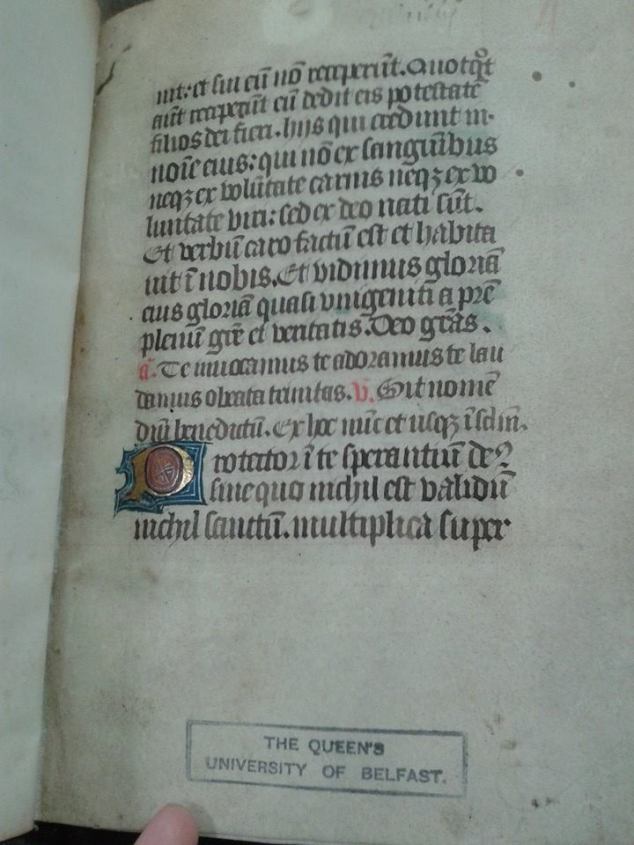It’s easy to draw a distinction between physical books and digital transmission of information. Often, this constructed dichotomy is emphasised by arguing that one format is superior to the other. I admit that I can be as guilty of this as anyone.
Less discussed are the ways in which digital can work alongside manuscripts and print books. The British Library, for instance, have digitised thousands of manuscripts and made them free to view. These are texts which I would otherwise be unable to access. No matter how much you can argue that paper is superior to digital for whatever reason, this is one benefit of the internet age which I am happy to use.
Without the British Library’s online collection, for instance, I would never have come across Harley MS 647, an astrological and astronomical work from the Library’s Scientific Manuscript collection.
Why am I interested in MS 647, you ask?




